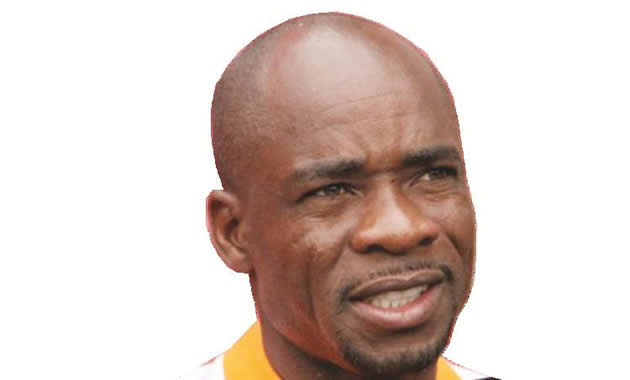ANC Youth League wants initiation school on Table Mountain reserve

Cape Town — A portion of Table Mountain national park should be made available for boys undergoing traditional initiation as there is a shortage of suitable land in the Western Cape, the provincial ANC Youth League said on Thursday.
“Table Mountain as a national heritage site is actually suitable as a delivery site to host initiates, thereby allowing them the necessary privacy as the inherent requirement for the initiates,” said youth league spokesperson Siyabulela Tom.
“It’s far from communities and is a mountainous area with enough space to accommodate initiates from all over the province.”
Currently, the league believed a tradition of purity for the passage of initiates from one stage of their life to the next was not being properly honoured because of the space shortage.
Tom said initiation schools took place in every available pocket of land, often near train stations and highways.
He called on traditional and religious leaders, parents and other parties to rally behind the youth league in its call, as initiation was a central and important African tradition.
“The government should therefore walk the talk and treat everyone in the province equally and accord this tradition the necessary respect it deserves within our multi-cultural society.”
Table Mountain spokesperson Merle Collins told News24 on Thursday that it was difficult to respond because they had not received any formal requests.
“This is new for us and we’ll have to investigate the feasibility.”
The protected park land covers around 220 square kilometres in Cape Town and is home to rare Fynbos vegetation and international tourist landmarks, Table Mountain and the Cape of Good Hope.
Collins said a wide variety of stakeholders would have to be consulted. The conservational mandate also had to be kept in mind.
“There are impacts on the environment and we can’t ascertain that at all because we don’t know how many people and what’s being requested.”
Meanwhile, the number of initiates who have died in the Eastern Cape since the beginning of the winter initiation season has risen to 35, the province’s health department said on Wednesday.
“Over 180 boys have been admitted to hospital and 35 have died so far since the initiation season started,” spokesperson Sizwe Kupelo said.
“We’ve observed issues that we believe are circumstances and contributing factors, including criminal elements, lack of discipline, improper conduct by those who are responsible for running the schools, greed, and the so-called-custom of being hijacked as a money-making scheme.”
On July 8, the number of deaths was 25, and 61 boys had been admitted to hospital.
At the time, the Community Development Foundation of SA had built a rescue centre in Lusikisiki, which housed 132 boys. Another rescue centre was being built in Libode.
The worst affected area remained Mthatha in the OR Tambo region. The winter initiation season was expected to end when public schools re-opened in the province on 21 July.
Kupelo said the department’s role was limited to health intervention and it had set aside R20 million to “cater for any circumcision-related interventions”.
The department decided to combine medical male circumcision and traditional circumcision because it was a “sensitive matter” in the province.
“It’s one package because we’ve to be sensitive in the province — this is a ritual that has been there for decades. As a department we promote safe circumcision. Our interest is in medical safety,” he said.
He said in hospitals medical male circumcision was being performed on all ages but the problem was in the traditional schools. “Traditional schools are a challenge because of the risk. We’ve hired 37 additional 4×4’s to go to the bush and we’ve hired private doctors who are going to go to schools and intervene medically.”
He said the doctors, who had been hired on a contractual basis for the initiation period, would also help the boys who were at risk as well as ensure that the boys who were critical be taken to hospital for medical treatment.
The department would assist the custodians of the custom because they were concerned. “It’s a traumatic experience for health workers because of the injuries and the septic level of the wounds — it’s unnecessary and can be prevented,” he said. — Sapa










Comments